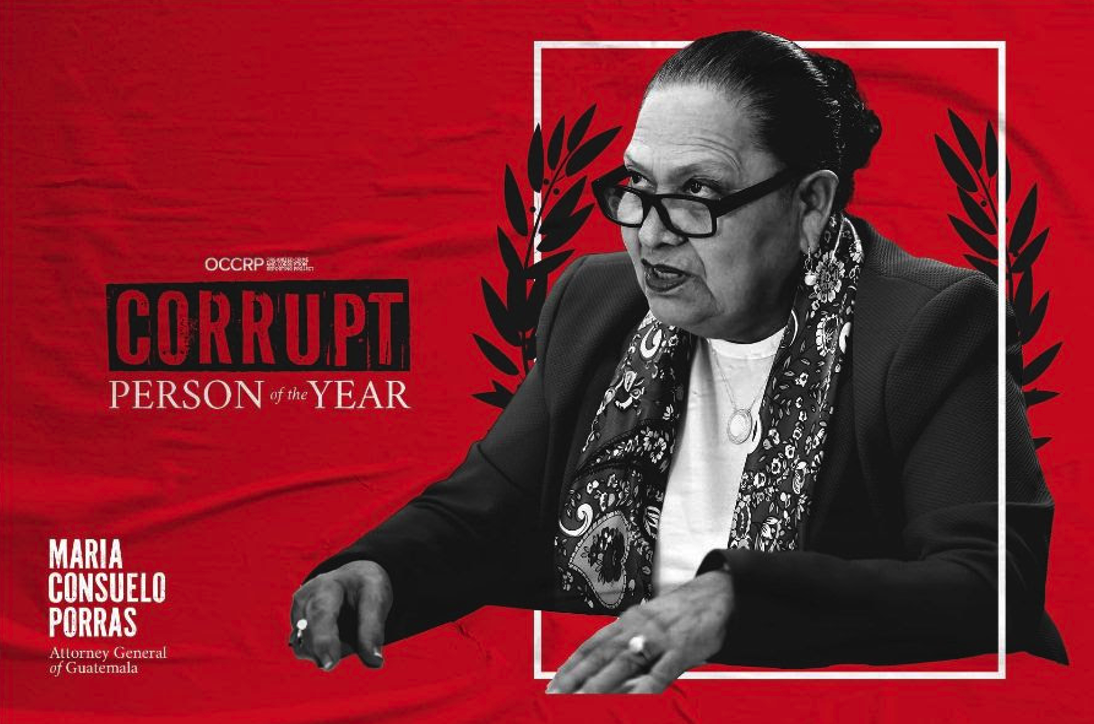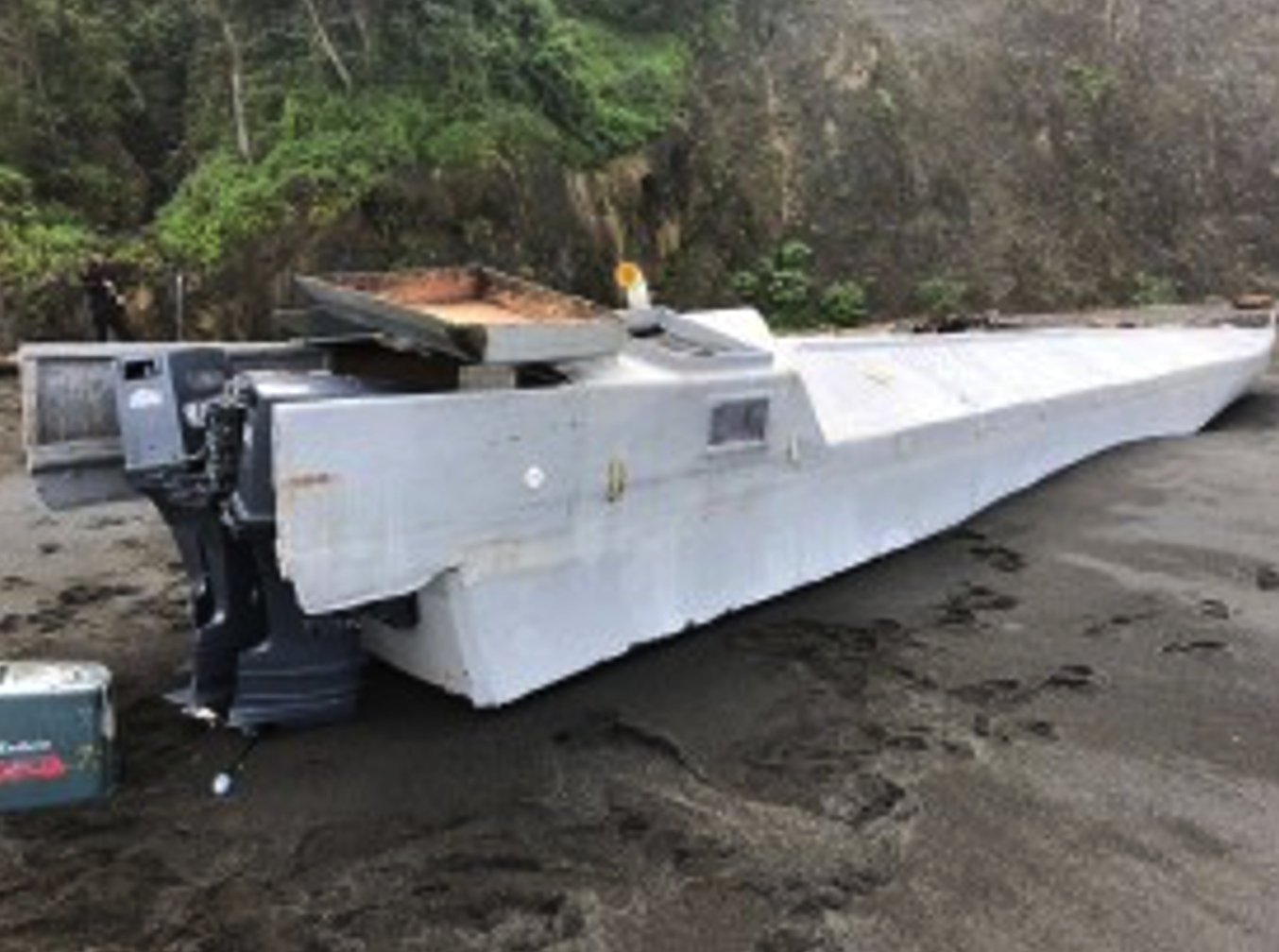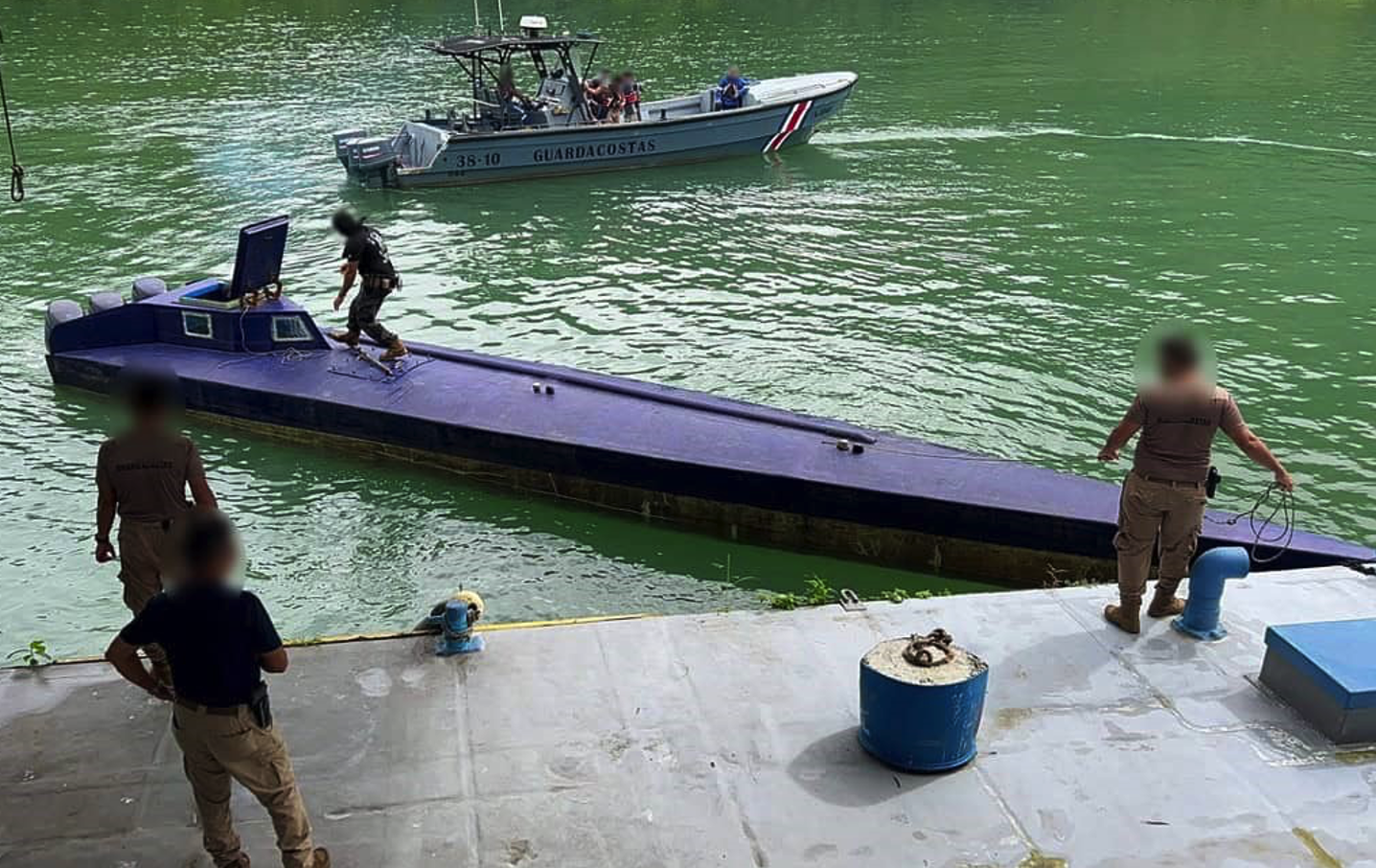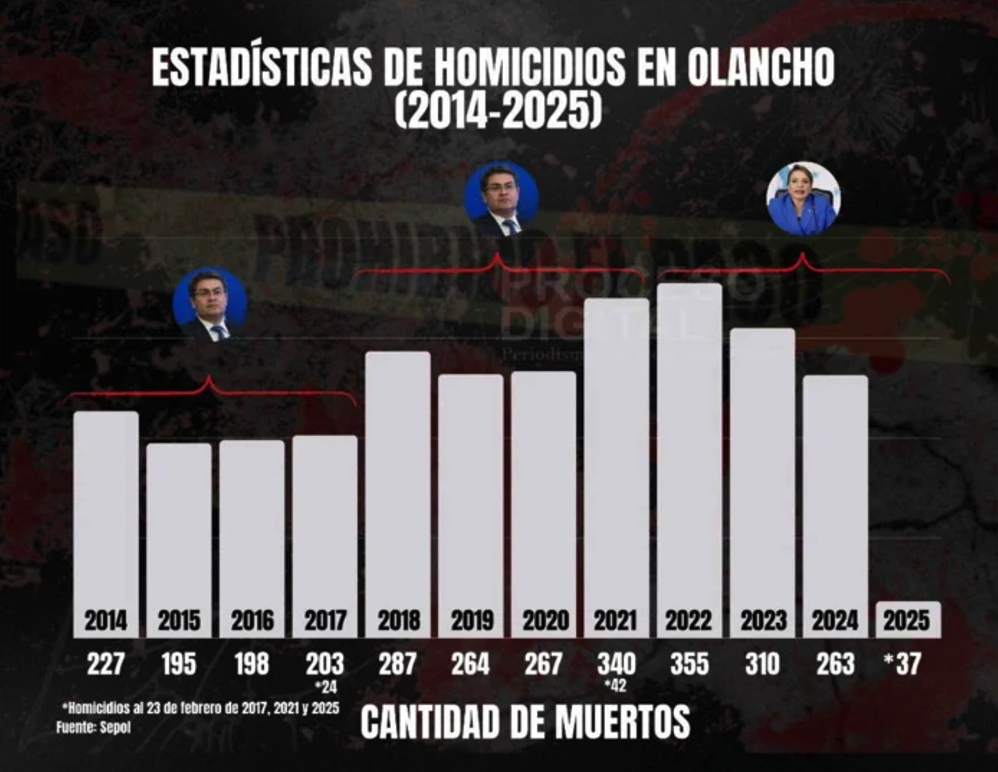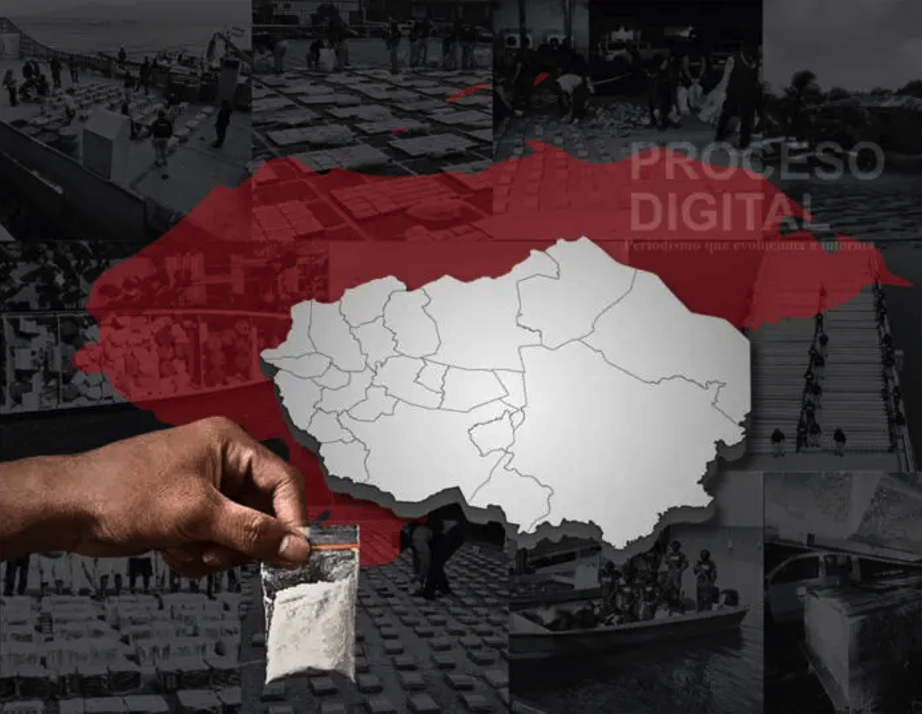Readers of The Violence of Development updates must by now be used to the acronyms ICSID and ISDS after many years of following the case of Pacific Rim / Oceana Gold and the struggle against metal mining in El Salvador. For those who aren’t familiar with the sets of initials, they stand for:
ICSID: International Centre for Settlement of Investment Disputes – this is a branch of the World Bank, established to adjudicate between companies and governments when commercial and financial disputes arise between them.
ISDS: Investor-State Dispute Settlement.
After the change of government in Honduras from one that was run by organised crime and which invited transnational corporations to rape and exploit its natural and human resources to one that is relatively progressive in its attempts to make ‘development’ benefit Honduran communities, it was entirely predictable that the new government would soon find itself facing ISDS judgements from the ICSID.
In a NACLA Report, Karen Spring of the Honduras Solidarity Network (HSN) has written an account, titled as above, detailing and explaining what such settlement hearings and judgements mean for the now not-so-new Honduran government of Xiomara Castro. We are grateful to Karen for her permission to reproduce her account here in The Violence of Development website. The original article can be found at: https://www.hondurasnow.org/article-published-in-nacla-winter-2023/
By Karen Spring
As President Xiomara Castro’s administration works to mitigate the fallout of the post-coup years, transnational companies are lining up to sue the state for lost profits.
Seven men, all dressed in suits, gathered at an undisclosed location in Honduras, sitting around a table covered in a white tablecloth and decorated with small glass vases holding yellow flowers. At the head of the table sat Roy Perrin, the deputy chief of mission at the U.S. Embassy in Tegucigalpa, and to his right sat investor Erick Brimen, the CEO of a project known as ZEDE Próspera. A social media post about the meeting on X from the U.S. Embassy referenced the “investment climate” and “legal guarantees” for investors.
In reality, the men were meeting to discuss one of the most controversial projects advanced in Honduras under previous administrations, including those headed by former president and accused drug trafficker Juan Orlando Hernández (JOH).
The meeting took place on September 29, 2022, just 13 days after three U.S. companies involved in ZEDE Próspera notified the Honduran government that they would seek international arbitration under the Central America-Dominican Republic Free Trade Agreement (CAFTA-DR).
‘International arbitration’ before a World Bank controlled Centre for Settlement of Investment Disputes (ICSID)
A few months later, in December 2022, the three companies filed a $10.8 billion case against the Honduran state. Like other trade agreements, CAFTA-DR allows investors to sue states for monetary damages stemming from government decisions that could negatively affect corporate investments. The arbitration suit is based on claims that President Xiomara Castro’s decision to overturn the laws that gave birth to the Economic Development and Employment Zones (ZEDEs) allegedly threatened or eliminated ZEDE Próspera’s ability to return a profit.
And while ZEDE Próspera’s visit to the U.S. Embassy in Tegucigalpa would not per se impact the arbitration suit, the ZEDE investors were looking for ways to bolster their case and credibility. Given the U.S. Embassy’s powerful influence in Honduras and its growing critique of Castro’s policies in the name of defending the pro-business status quo, the Embassy was one of the most strategic places for them to seek support.
Minor Reforms and Increasing Opposition
After more than a year and a half in office, Castro, the first woman president of Honduras, is confronting an increasingly well-organised national and foreign challenge to her government’s power and political platform.
In the first year of her administration, the U.S. Embassy vocally showed its disapproval for initiatives that sought to undo the worst excesses of the governments that ruled the country following the 2009 coup.
As opposition grows, the government has been weakened and undermined by what President Castro has called “the eternal enemies of democracy and a few rotten allies.” Although Castro has made no specific reference to the role of the U.S. Embassy in these efforts, inside Honduras there is little doubt that Washington supports opponents of the democratically elected government and continues to help fund elements of the growing national opposition.
For instance, USAID has maintained support to the tune of $1 million per year for the vocal public-private National Anti-Corruption Council (CNA), which Castro’s government has called “an accomplice that remained silent” in the face of corruption during the post-coup years.
Despite the U.S. government’s stated commitment to addressing the root causes of migration, on the ground in Honduras its policies continue to oppose even the smallest reforms that threaten the economic interests of foreign companies and wealthy individuals.
In 2022, Washington publicly criticized President Castro’s new Energy Law, formally called the Special Law to Guarantee Electricity as a Common Good for National Security and as an Economic and Social Human Right. The U.S. ambassador to Honduras, Laura Dogu, and the U.S. State Department claimed that the law creates uncertainty by impacting foreign investment and eliminates private trade in energy.
According to Grahame Russell, director of the U.S.- and Canada-based human rights organisation Rights Action, U.S. opposition to the Castro administration is similar to that faced by other progressive governments in Latin America. “All governments, including Castro’s, make mistakes,” he said. “But no one can doubt the little wiggle room that the Castro administration and their proposed policies have before the wealthy elite and their allies, the U.S. and Canadian governments, try to stop and undermine them.”
While the United States worries about how the Energy Law affects investment, the Honduran government argues that the legislation is beneficial for Honduras’s poor majority. The law, which entered into force in May 2022, seeks to renegotiate energy generation contracts, expecting to save the Honduran state an estimated $23.5 million while providing energy subsidies to approximately 1 million Honduran households.
The renegotiation of contracts is much-needed— the state currently pays an exorbitant price per kilowatt to private energy generation companies. Most contracts were granted and signed when accused drug trafficker Juan Orlando Hernandez (“JOH”) was in office as president or head of the National Congress. Extensive corruption and illegal procedures surround at least a dozen of these contracts, according to Honduran organisations like COPINH (Civic Council of Popular and Indigenous Organisations of Honduras) and the Centre for Studies for Democracy (CESPAD).
Importantly, some of the major problems associated with the projects include human rights abuses and the companies’ failure to consult local communities affected by dam and solar energy initiatives. In short, the contracts have unloaded the increased cost of energy on poor Honduran consumers.
Corporate Collusion with a Narco-Mafia State
After the investors behind ZEDE Próspera presented their $10.8 billion case (almost two-thirds of Honduras’s annual budget), several other foreign companies followed suit. As of early October 2023, eight other companies had submitted claims against the state of Honduras. That number does not include threats from others to present claims in the future or the few cases that had been filed against Honduras prior to Castro’s inauguration.
The impact of investor-state dispute settlement (ISDS) mechanisms sends a strong and chilling message. In the case of Honduras, between the United States’ strong messaging about President Castro’s policies impacting the “investment climate,” and a slew of ISDS claims filed against the state, the message is clear. If the government makes changes to the pro-business, narco-dictatorship’s policies, the global political and economic structures will seek compensation, working with all the tools at their disposal to limit the administration’s ability to make reforms.
From ‘odious debts’ to ‘odious investments’
In other words, by undoing odious investments—to borrow the term ‘odious loans’ from the debt justice movement—political leaders will be subject to political backlash, international shaming, and large fines. Alternatives will not be permitted.
According to Jen Moore, associate fellow with the Global Economy Program at the Washington-based Institute for Policy Studies (IPS), ISDS are neocolonial and extractivist at their core, and undermine national sovereignty of both governments and peoples’ local struggles.
“[ISDS cases] are part of the architecture of impunity with which transnational corporations, mostly from the Global North, seek to profit wildly and maintain their control over the natural commons and the economy, especially in the Global South,” she said.
The mere threat of having to make a million- or billion-dollar payout to law firms or corporations is just one component. The cases are a significant impediment for territorial defence struggles and the sort of changes that Hondurans envision for the future of their communities and country, added Moore.
As of early October 2023, the pending ISDS claims against Honduras are related to real estate, energy generation projects, highway and airport construction, finance, and last but certainly not least, ZEDEs. Although information surrounding all cases—as listed on the World Bank Group’s International Centre for Settlement of Investment Disputes (ICSID)—is limited, at least seven of the nine cases presented in the last year are linked to corruption claims and/or serious social and human rights conflicts in various parts of the country.
One such case involves solar energy projects based in southern Honduras. Three Norwegian entities—Scatec, a renewable energy company; Nor-fund, a state-owned development finance fund; and its partner KLP Norfund Investments, the largest pension fund in Norway—filed two separate ISDS claims against Honduras in 2023. The cases likely were presented after a failed attempt to renegotiate the energy contract under the new Energy Law. The three actors are involved in large solar energy projects in southern Honduras that have been linked to drug trafficking, murder, and criminalization of local land defenders.
One such solar project, Los Prados, has faced opposition since 2016. Since then, nearby communities arguing that they were not adequately consulted and that the solar farms affect their water and food supply have met criminalization. In April 2019, eight community leaders who were summoned by police as witnesses were arrested and accused of duress and damages (they were later released). In addition, at least one community leader active in the movement, Reynaldo Reyes Moreno, was murdered in November 2018. Honduran authorities at the time suggested that Moreno’s murder was unrelated to his opposition to the solar projects, but his community believes otherwise. No thorough investigation of his murder has been conducted.
The project involved improving an existing highway and installing toll roads in at least two places. Local residents in the cities of El Progreso and La Lima maintained a permanent protest camp at the site of one toll booth, and in 2017, all the toll booths were burned down during protests sparked by electoral fraud and the unconstitutional re-election of President JOH. After arguing that they were not properly consulted, local citizens and business owners refused to pay the tolls to use the road, which they argued was constructed with public funds prior to the concession.
Community leaders at the forefront of opposing projects subject to ISDS claims question why foreign companies that make deals with governments involved in illicit, criminal activities have the moral and political grounds to make multimillion-dollar claims for lost profits.
According to Miriam Miranda, the coordinator of the Black Fraternal Organisation of Honduras (OFRANEH), investors take advantage of institutional weakness derived in part from the infiltration of criminal interest in state institutions.
“International capital has no shame in investing and supporting a president involved in drug trafficking,” she said. “Foreign companies validated the narco-state and took advantage of the institutional weaknesses that provide a great opportunity to invest, avoid paying taxes, and have all the privileges they want.”
Miranda survived an assassination attempt in her home on September 19, 2023.
International Tribunals Enforce Dirty Deals
Debt justice movements use the term ‘odious debt’ to describe illegitimate debt incurred without the people’s consent, often by despotic regimes. The concept argues that debt incurred by a dictatorship should be seen as personal debt of that government, not of the state itself.
This idea, though typically used to describe debt and not necessarily contracts with foreign companies suing under ISDS, should be applied to Honduras, particularly in light of the billions of dollars of claims against the country.
Foreign companies that shook hands with JOH’s government should not be entitled to compensation that hinders future development and burdens Honduras and Honduran communities.
Although the Castro administration has not explicitly announced its position around all the ISDS claims against Honduras, the Presidential Commission in Defence of Sovereignty and Territory, formed in April 2023, announced in a press conference that Honduras would not participate in the international tribunal process related to ZEDE Próspera’s claim.
In a statement delivered by Minister of Finance Rixi Moncada, the Commission said: “[The claimants] view the [ZEDE Próspera] litigation as an opportunity to join [state] looting through false arbitration…In admitting this controversial arbitration, the ICSID as an international body is being negligent to national [Honduran] legislation from 1988…that requires companies to exhaust national remedies before seeking international arbitration.” Moncada insisted that companies involved in corruption would lose their cases.
Although the press conference only addressed the issue of ZEDEs, Honduras has, in at least one other case, refused to engage in international arbitration by virtue of not appointing an arbitrator. Although to date no official announcement has been made, this suggests that Honduras could decide not to participate in any of the arbitration processes.
President Castro’s administration has quickly learned the difficulties of proposing reforms that even remotely threaten national and foreign economic interests. The U.S. government, despite its rhetoric about supporting democratically elected governments, including Castro’s, has assisted in undermining many of her administration’s most ambitious reforms that simply attempt to roll back some of the post-coup policies.
Internationally, the ISDS claims against the state attempt to further deadlock Castro’s proposed changes and prop up the claims of foreign companies, many of which got involved with odious investments during JOH’s narco-dictatorship.
With about two and a half years remaining of her mandate, Castro faces an ongoing struggle to resist opposition to her proposals, while pushing to follow through on the policies her administration has pledged to champion.
Karen Spring is the co-coordinator of the Honduras Solidarity Network (HSN) and a PhD student at the University of Ottawa.
Karen Spring: karen@hondurasnow.org
https://www.hondurasnow.org/uscanadaontrial/

